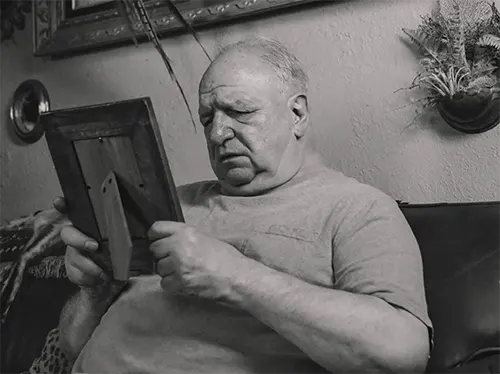Is Age-Related Memory Loss a Factor of Dementia
23 April 2024
dementia early dementia memory loss signs of Alzheimer's The Birches on Maple
For at-home memory care support providers, occasionally misplacing things such as your keys, cell phones and other everyday items might lead one to fear that they too may be showing the beginning signs of Alzheimer's or dementia. While only a professional can diagnose the concern with certainty, but it is likely the commonalities of normal, fully functional aging adults.
Aging is a natural process, and as we grow older, parts of our brain and body are gradually altered. Some of the changes affect physical abilities and others can affect mental ability. Everyone ages differently. People will certainly experience changes eventually and there is no exact timeline for when these changes will occur. Most expect to experience some memory loss at some point, but what is the difference between normal aging and a condition that affects cognitive functions, like dementia or Alzheimer’s? When is it time to speak to a healthcare provider about additional support services or memory care?
What is the difference between dementia and memory loss?
Dementia and memory loss have similar symptoms but are significantly different from each other. How do we distinguish between forgetfulness and a need for memory care? Memory loss occurs as part of the normal aging process, resulting from a natural decline or slowing of the body. Although the brain begins to slow, a person’s intelligence continues to function as usual. Natural memory loss is normal and usually include:
- A disruption to your day-to-day life.
- Affects your ability to complete tasks.
- Affects your ability to learn new things.
Dementia is a progressive condition resulting from a breakdown of cognitive function. This condition can cause frequently disruptive mental and physical symptoms that gradually worsen. Symptoms of dementia can effect:
- Your daily life.
- Your daily routines.
- Your ability to learn new things.
- Your ability to complete familiar tasks.
- Your relationships.
If you are losing sleep or constantly worry about your memory issues possibly being related to early dementia, speak to a medical professional. It may put you at ease making you more happy, positive and a better care provider for your loved one.

